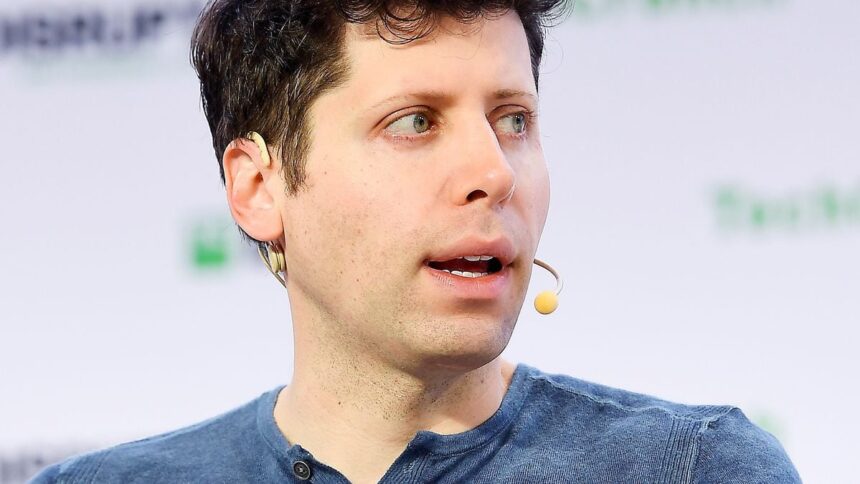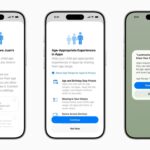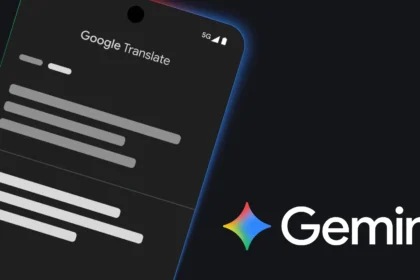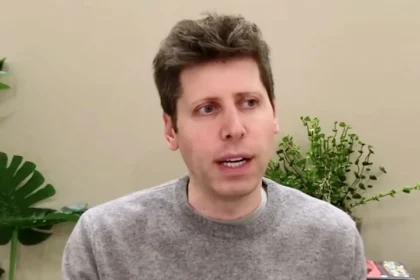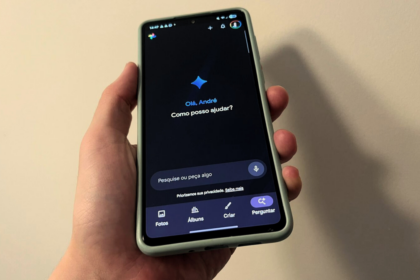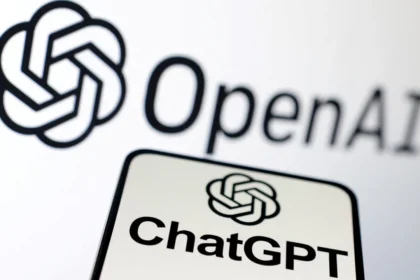The tech world was abuzz this week with another chapter in the ongoing rivalry between the biggest names in artificial intelligence: Sam Altman and Elon Musk. During an interview with The Free Press, OpenAI’s CEO didn’t hold back, labeling Musk a “bully.”
To understand the tension, we need to revisit their history. In 2015, Altman and Musk co-founded OpenAI, initially conceived as a non-profit organization dedicated to developing AI responsibly and ethically for the betterment of humanity.
What began as a promising collaboration—combining Musk’s visionary approach with Altman’s technical prowess—soon soured. Disagreements over the company’s direction created friction, and by 2018, Musk stepped away from OpenAI, citing conflicts of interest with Tesla.
Since Musk’s departure, the relationship between the two has been anything but cordial, with public criticisms and sharp remarks exchanged from both sides.
Controversial interview
In a recent interview that’s caused quite a buzz in the tech community, Sam Altman didn’t shy away from addressing his former collaborator, Elon Musk. “Elon is a bully, someone who loves to pick fights,” Altman remarked, underscoring the animosity that has built up between the two over the years.
However, alongside this criticism, Altman credited where it was due, acknowledging Musk’s pivotal contributions to OpenAI’s inception. “He helped a lot in the early days of OpenAI,” Altman conceded, even referring to Musk as a “legendary entrepreneur.”
This mix of critique and recognition highlights the nuanced relationship between the two tech leaders, reflecting the tensions and mutual respect that have shaped their shared history and the evolution of OpenAI.
Musk’s fight against OpenAI
The simmering tensions between Elon Musk and OpenAI have boiled over into a legal dispute, with Musk taking action against the AI company he co-founded. The lawsuit centers on allegations that OpenAI, under Sam Altman’s leadership, has deviated from its founding mission of advancing AI for humanity’s benefit, becoming increasingly profit-driven.
Musk has filed an injunction to block OpenAI, the creator of ChatGPT, from operating as a for-profit entity. He claims this shift violates the organization’s original principles. Furthermore, Musk has named Microsoft—a major OpenAI partner—a defendant, accusing the tech giant of exerting undue influence over the AI company.
Altman, however, staunchly defends OpenAI’s current direction. The CEO insists the organization remains committed to its mission of developing AI responsibly and safely. He also argues that partnerships and commercial ventures are essential to fund the intensive research and development needed to create advanced AI systems, stating:
“Without sustainable funding, achieving breakthroughs in AI that benefit everyone would simply not be possible.”
The clash between these tech leaders continues to reflect the broader debate over balancing ethical AI development with the financial realities of innovation.
“We’re doing exactly what we always said we would do, building artificial general intelligence gradually, with careful oversight.”
The future of AI at stake
The ongoing conflict between Sam Altman and Elon Musk shines a light on some of the most pressing issues surrounding the future of artificial intelligence. Key questions emerge from their dispute: How can we strike the right balance between the rapid development of AI and the ethical and security challenges it brings? What role should private companies and investors play in shaping this transformative technology?
While their personal rivalry may be at the forefront, it represents much larger tensions within the AI community. As technology continues to evolve at an exponential rate, discussions about how it should be governed, its ethical implications, and its societal impact are becoming more critical than ever.
Musk calls for a more cautious approach, emphasizing the potential dangers AI could pose if left unchecked. His perspective is rooted in concerns about the risks AI could present, such as unintended consequences or misuse. In contrast, Altman and OpenAI take a more progressive view, advocating for rapid technological advancement while maintaining a focus on balancing innovation with responsibility.

